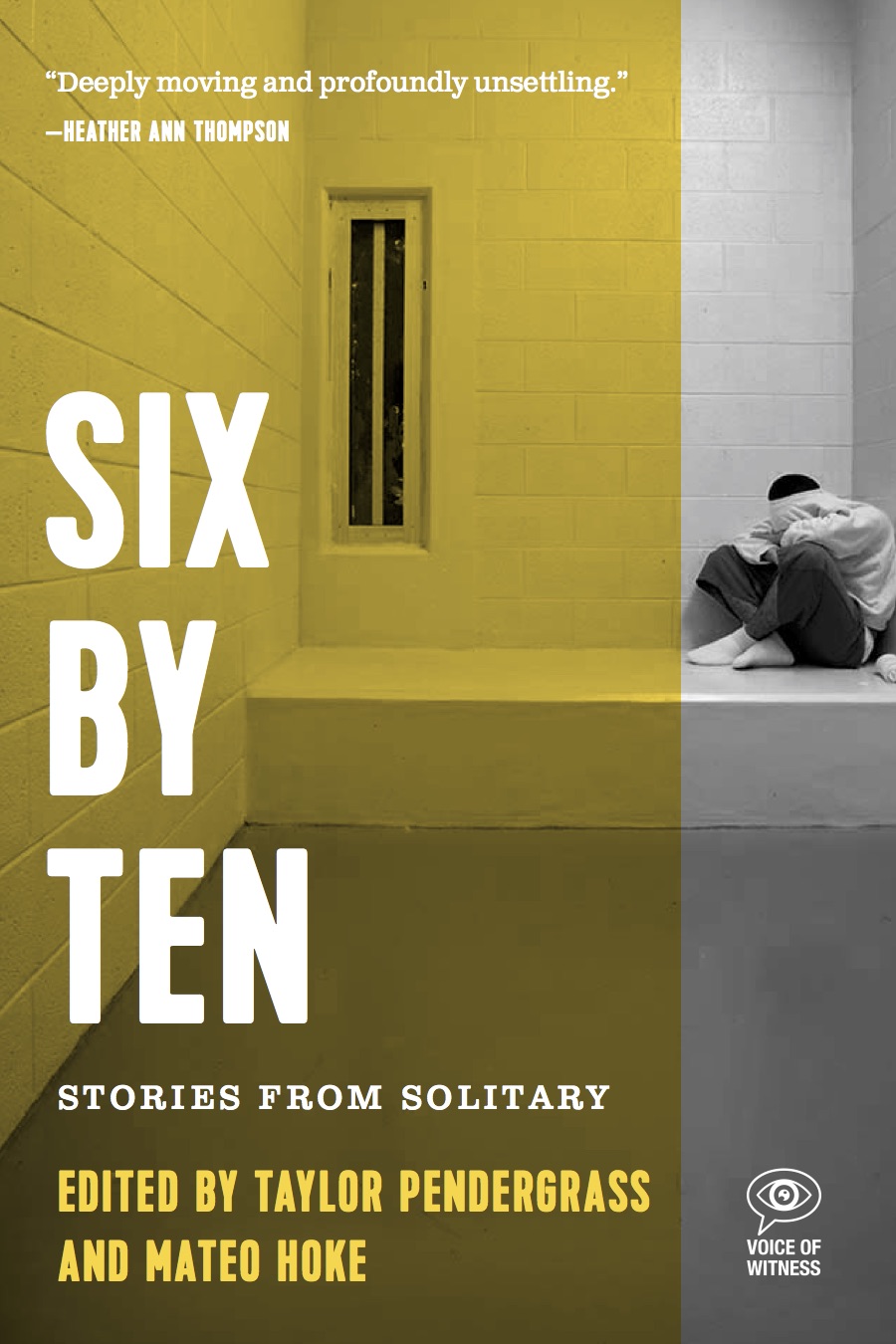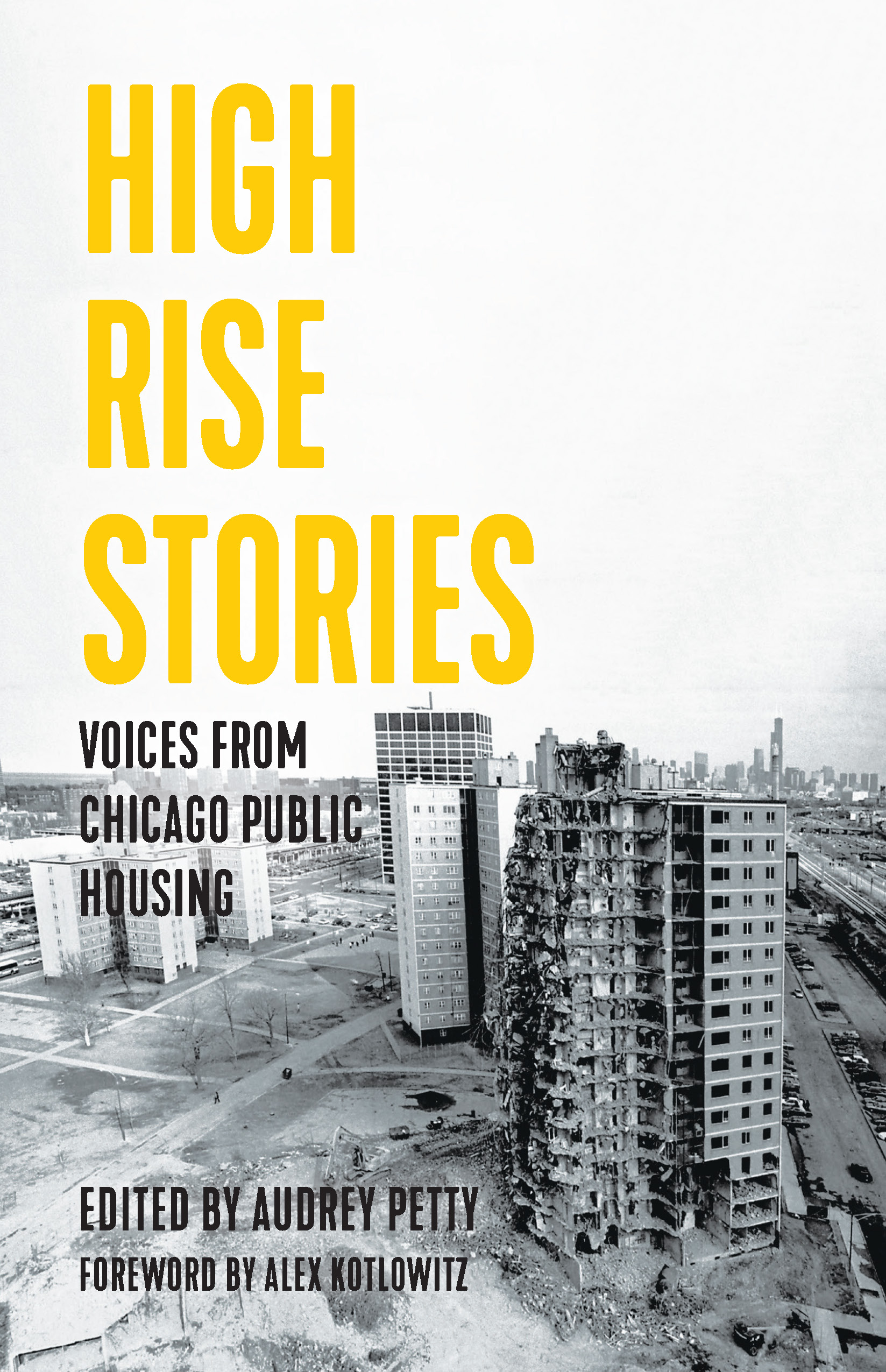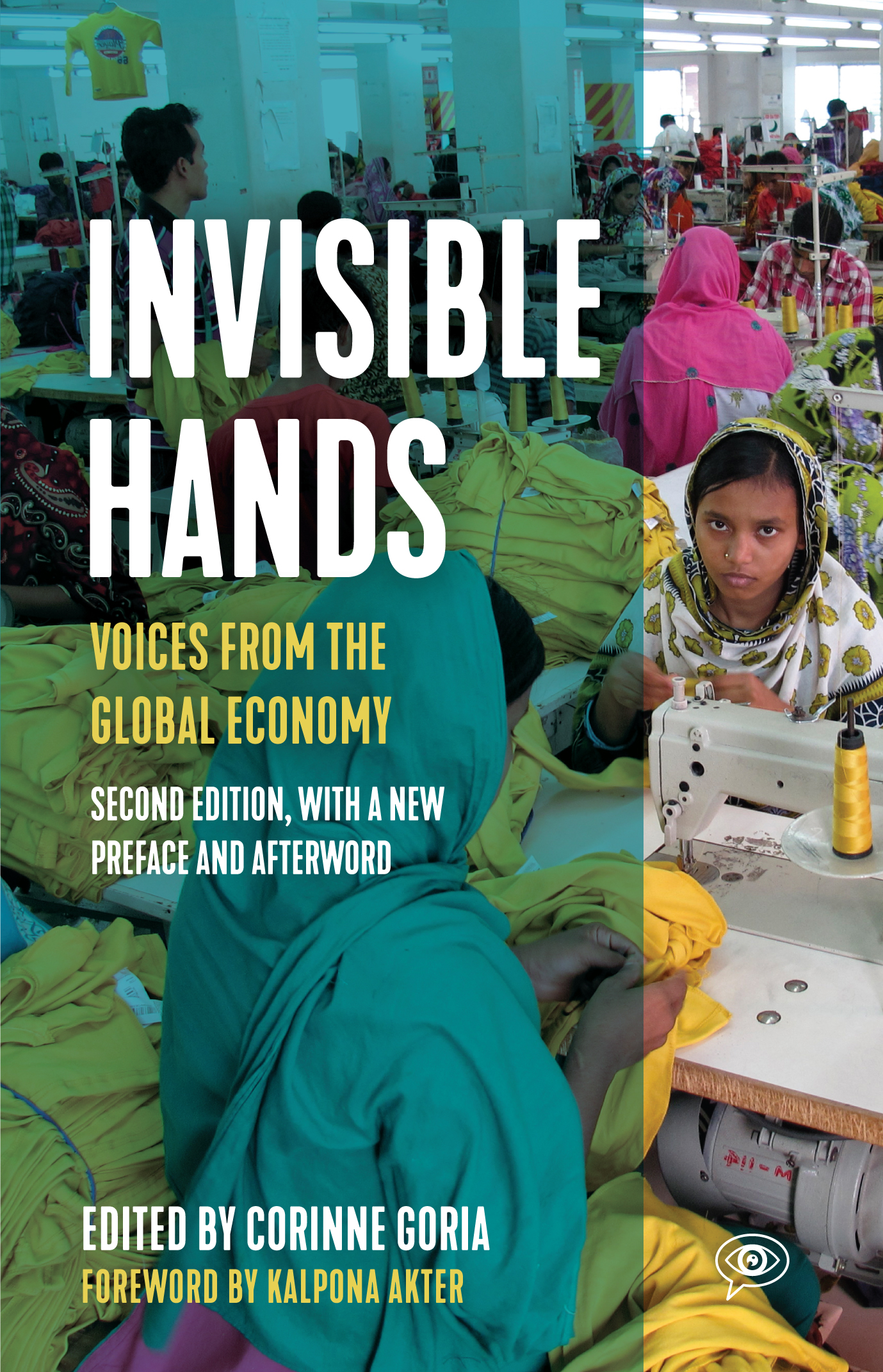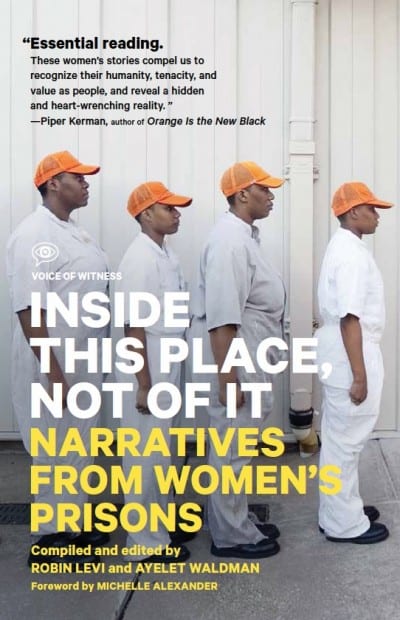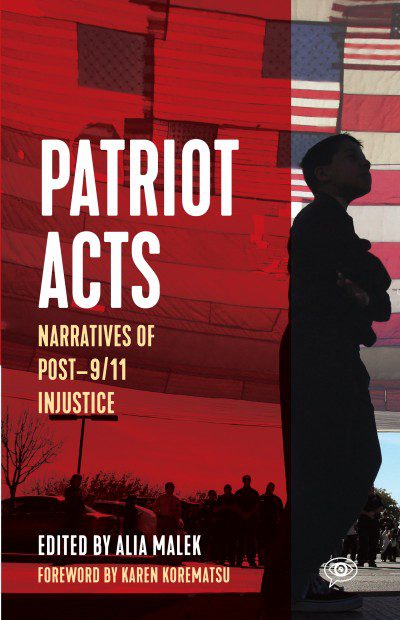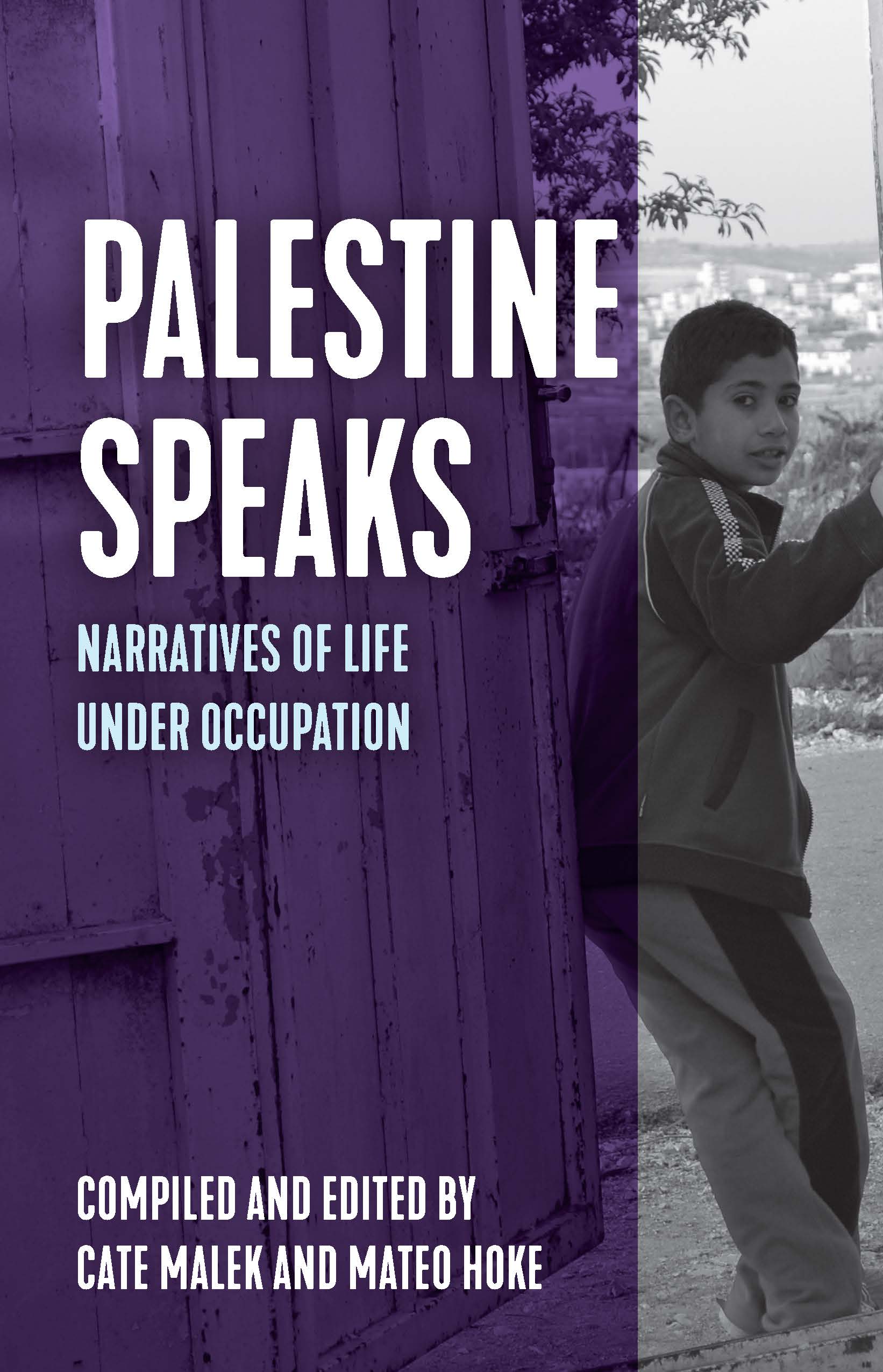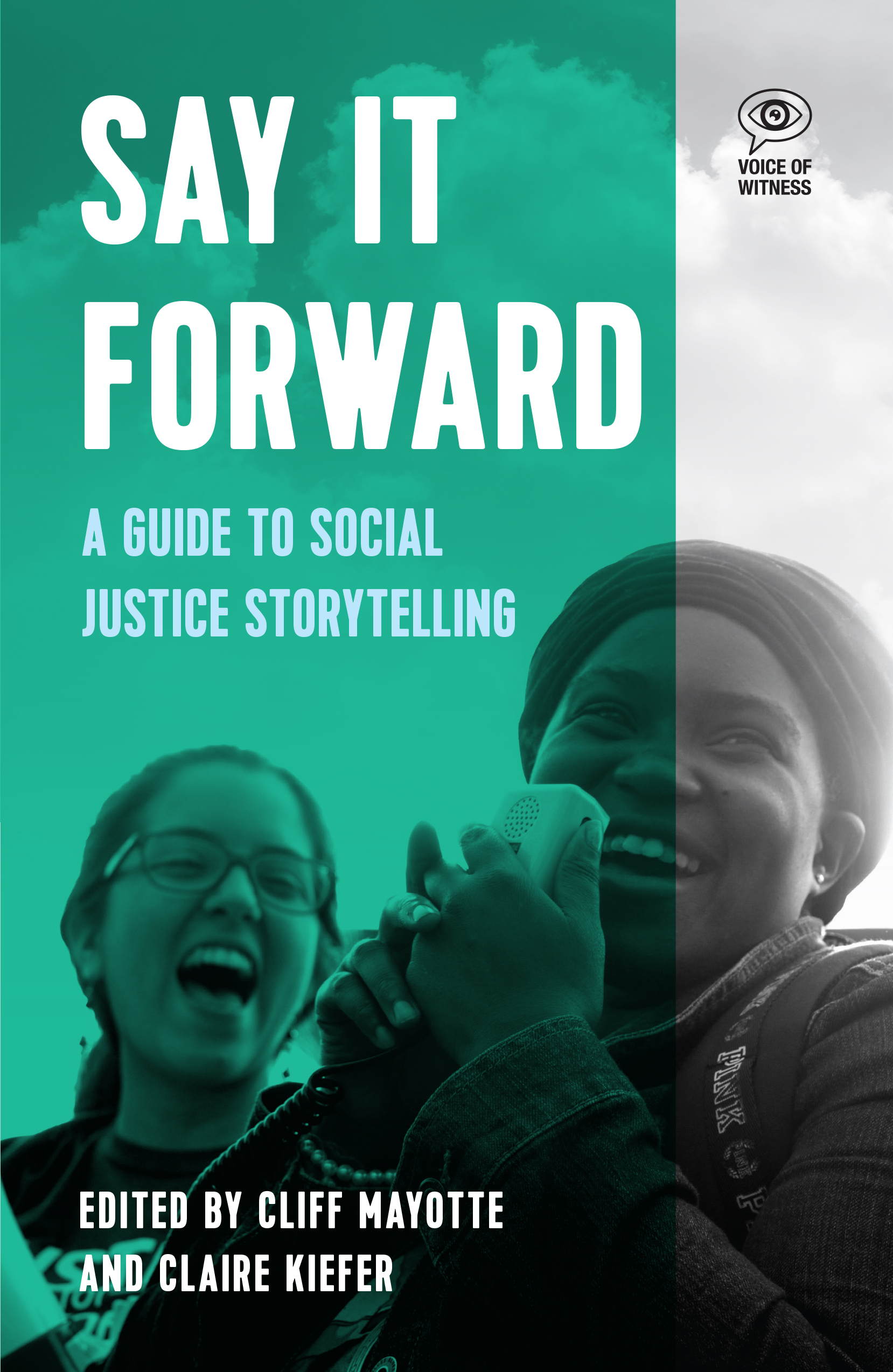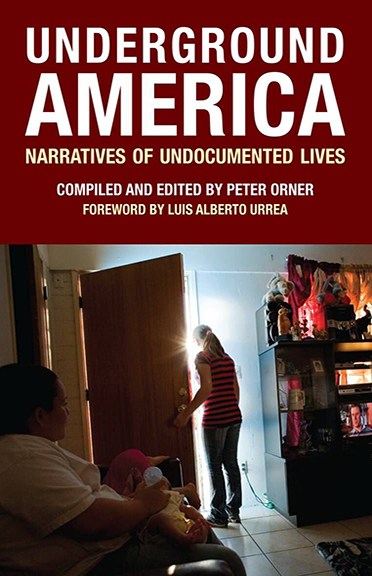Educators
Six by Ten: Stories From Solitary Curriculum
These lessons use the powerful narratives from Six by Ten: Stories from Solitary to support teachers and students in forming a deeper understanding of solitary confinement, mass incarceration, and the criminal justice system.
High Rise Stories: Voices From Chicago Public Housing Curriculum
This corresponding curriculum guides students in exploring themes of community, displacement, and poverty in the wake of gentrification, all through a lens of listening to voices that have long been ignored.
Advocacy • Criminal Justice • Cultural and Personal Identity • Economic Justice • Migration & Displacement • Political Oppression & Civil Rights • Racial Justice
Invisible Hands: Voices From the Global Economy Curriculum
These lesson plans provide students a point of entry for understanding economic systems from a human perspective, creating an opening for critical exploration of the ethical, moral, and legal issues connected to these systems.
Advocacy • Economic Justice • Environmental Justice • Gender Justice • Migration & Displacement • Political Oppression & Civil Rights • Racial Justice
Inside This Place, Not of It: Narratives from Women’s Prisons Curriculum
These accompanying lesson plans allow students to examine intersectionality and gender bias as well as reproductive rights within the context of the U.S. criminal justice system.
Patriot Acts: Narratives of Post-9/11 Injustice Curriculum
These accompanying lesson plans bring home these realities in a personal and relatable way, allowing students to grapple with the human costs that lie at the heart of this pertinent contemporary issue.
Advocacy • Criminal Justice • Cultural and Personal Identity • Political Oppression & Civil Rights • Racial Justice
Palestine Speaks: Narratives of Life Under Occupation Curriculum
This accompanying curriculum creates a flexible unit of study that allows students and teachers an opportunity to critically and creatively explore the day-to-day realities of Palestinians living under occupation, including the oft-ignored violations of human rights that occur daily.
Advocacy • Cultural and Personal Identity • Economic Justice • Migration & Displacement • Political Oppression & Civil Rights
Say It Forward: A Guide to Social Justice Storytelling
Say It Forward is a DIY oral history guide that outlines best practices for social justice storytelling and community-based projects.
Underground America: Narratives of Undocumented Lives Curriculum
The lesson plans help students explore aspects of the “American Dream,” myths and facts about immigration, and encourage students to develop their own responses to this human rights issue.
Cultural and Personal Identity • Economic Justice • Environmental Justice • Migration & Displacement • Political Oppression & Civil Rights

